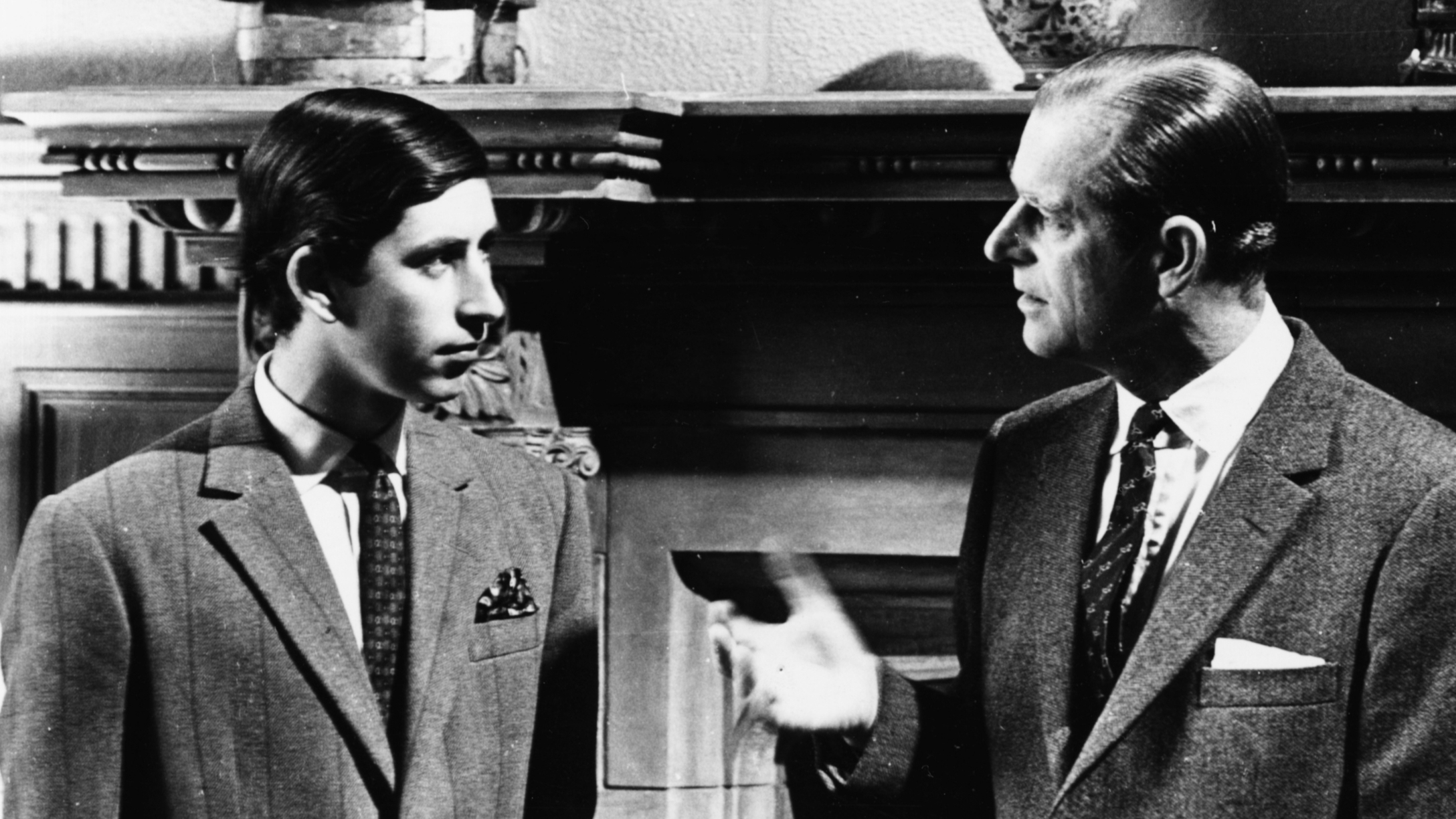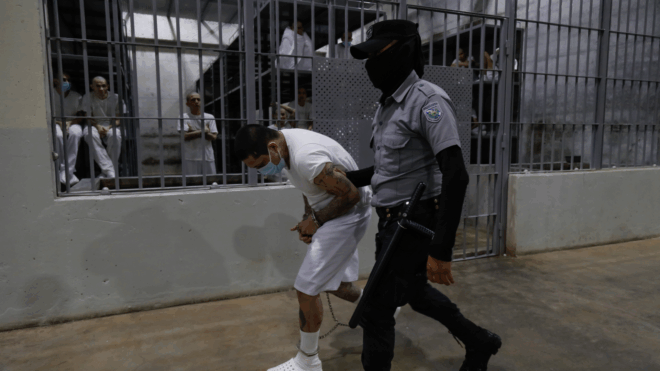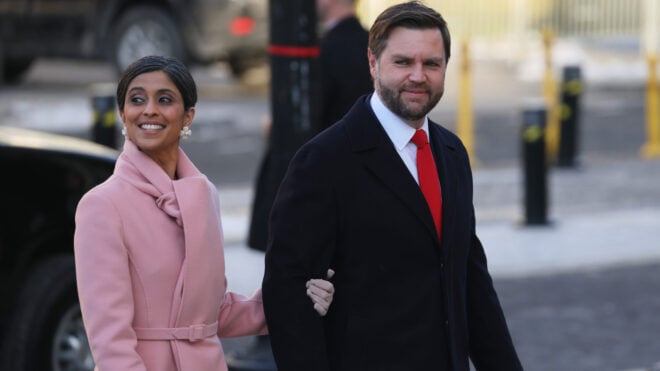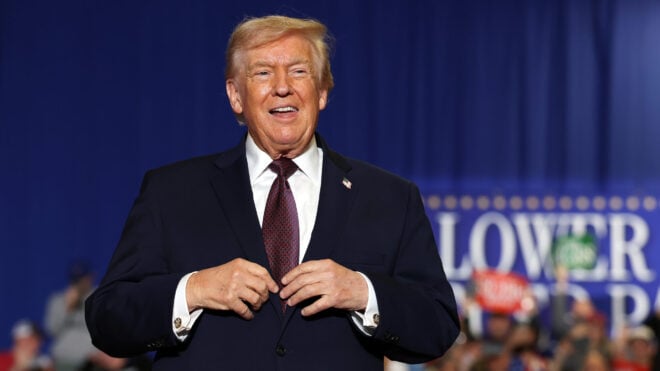
Relationships between fathers and sons can be complicated for a lot of reasons. When your son is spending his life training to be the king of England, it can take a particularly difficult bent.
Prince Charles is the eldest child of Prince Philip and Queen Elizabeth. He was just 3 years old when he became next in line to the throne upon his mother's coronation. He was just a child, but he had a role that already eclipsed that of his father, who was struggling to settle in as a consort at the time.
Over the years, the differences between father and son were much more frequently highlighted than the similarities. Charles, as a young man, was not the rigid military man that his father was. As Philip once put it, "He's a romantic, and I'm a pragmatist."
There were certainly a number of issues for the two to butt heads over throughout the years. In recent years, however, the men had done a lot to repair their relationship and find some common ground.
Prince Philip found himself in an interesting position when his wife, Elizabeth, was coronated as queen of England. Now he was not only the royal consort but also father to the future king of England, Prince Charles. A father's role in his son's life is to prepare him to become a man, but suddenly that meaning became so much greater.
Philip had a very hands-on involvement in his children's upbringing, particularly in their education. He was excited to see Charles off to the school Philip felt shaped him into the man he became, Gordonstoun School in Scotland. The school aimed to turn privileged boys into men by putting them through extreme conditions. Philip flourished at the challenges as a young man, but Charles didn't feel the same.
Charles did take to theater at the school, however. At 17, he scored the lead role in Macbeth. The Queen and Prince Philip attended, as Charles recalled in a 2002 interview with The Telegraph. He could hear his father laughing in the audience.
"All I could hear was my father and 'ha, ha, ha,'" he said.
"I went up to him at the end and said: 'Why did you laugh?' and he said: 'It sounds like The Goons.'"
At times, the things Philip did struck Charles as uncaring. Those close to him say the opposite was true.
"Philip is very good with children," Philip's cousin Patricia told Sally Bedell Smith for her book, Prince Charles: The Passions and Paradoxes of an Improbable Life.
"It is quite untrue that he didn't care. He was trying to help Charles develop character in his life, knowing the life he had to lead."
Yet, for their many differences, the similarities also became clearer as Charles came into his own as an adult. Both served in the Royal Navy and loved polo.
"Their interests were very similar, they were both artists, they were both fascinated by wildlife, the Navy and young people," noted royal biographer Penny Junor.
"The Prince of Wales had his Prince's Trust and the Duke of Edinburgh has his Duke of Edinburgh award scheme, they were so similar in some ways."
Charles also came to appreciate his father's tough-love tactics, as he noted in a 1969 interview.
"He lets one get on with what you want to do," Charles said of his father.
"He hasn't said: 'You will do this and that and that, necessarily', he said now: 'We think it might be an idea, what do you think?' and in that sense it has been an influence, a sort of moderating influence, an influence of great wisdom."
Some of the goodwill built up between the two was broken down in disagreements over Charles' relationship with Princess Diana. After the two had been dating for six months, Philip wrote to Charles saying that it was time to act with intention, either proposing to Diana or breaking things off with her.
"He received it either as an ultimatum. He wanted to please his father and he wanted to do what he was told," said Penny.
"He thought his father was telling him to marry Diana. His father was actually saying 'make your mind up by having Diana on your arm or you are in danger of damaging her reputation, either let her go or ask her to marry you.'"
When the marriage showed signs of cracks, Philip again tried to help. He wrote to both Charles and Diana, hoping to help make things better. It may have helped for a moment, but soon the two were both resentful of his interference.
At the lowest point, father and son only communicated through their respective staffs. In 1999, Philip had this to say of his son: "He's a romantic, and I'm a pragmatist. That means we do see things differently. And because I don't see things as a romantic would, I'm 'unfeeling.'"
It took Camilla to mend fences between Philip and Charles. "Camilla has helped him and has helped to bridge a gap," Penny noted.
"Because she really knows how to get on with people, she knows about family."
Philip and Charles spoke at length last when Charles visited him in the hospital weeks before his death. Royal commentator Robert Jobson reports that during that time, the father and son had a frank conversation about the future. He reportedly talked to Charles about caring for the Queen after his death and the future of the monarchy and what Charles could do.
"They've both mellowed," a palace source told the Daily Mail.
"In recent years they were much more accepting of the other's point of view. They have always loved one another — that was never in question. But there was a deeper respect and it was growing. They shared common ground on the future direction of the monarchy, on religious issues — even on the environment. They both believed in inter-faith dialogue and that talking openly and honestly can only help strengthen communities and understanding."
"The idea that these are two men who spent a lifetime at loggerheads, and that Princess Anne was the son he wished he'd had, is out of date and wrong. A much more accurate picture over the last ten years is of two very strong-willed people who came to understand each other's point of view," a friend of Prince Charles noted.
"A father and son who loved each other and enjoyed a relationship of mutual respect and affection. Over the last year of Philip's life, they were the closest that they've ever been."




